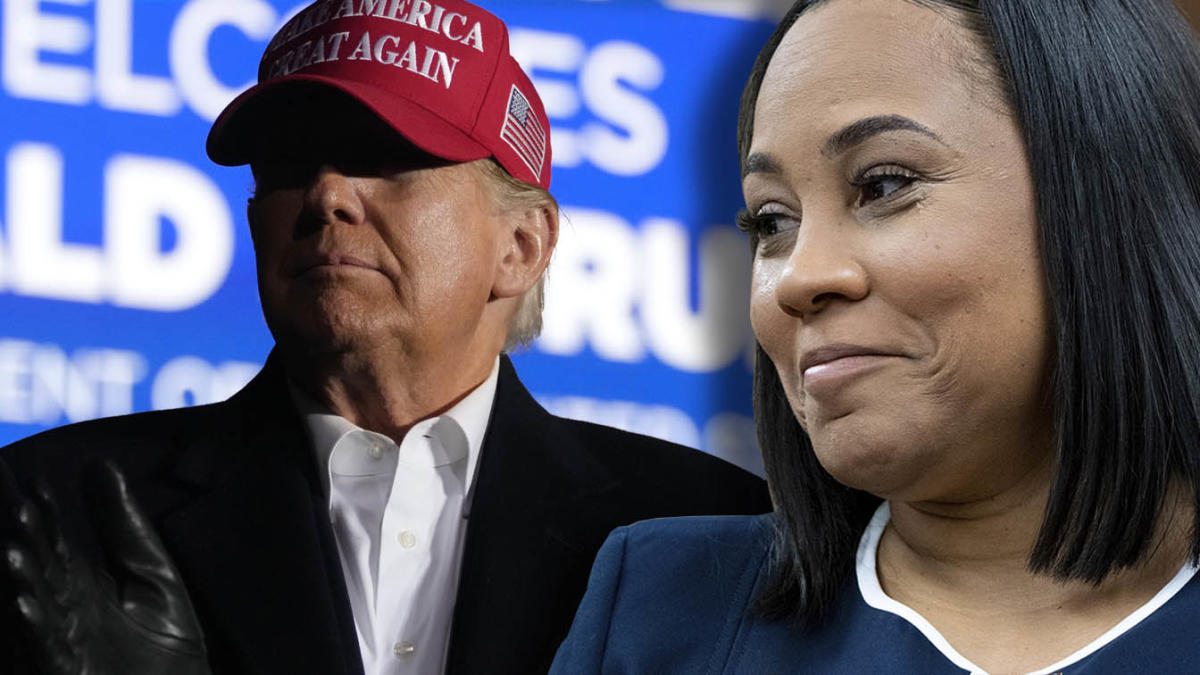“Odor of Mendacity” Trump’s Georgia Election Case Likely Delayed Past 2024 Election

Photo Credit: (Ben Gray/Meg Kinnard/AP)
Donald Trump’s high-profile Georgia election racketeering case is poised to extend beyond the upcoming presidential election, according to recent legal developments and expert commentary. This delay stems from a decision by the Georgia Court of Appeals, which has scheduled October 4th for oral arguments concerning Fulton County District Attorney Fani Willis’ eligibility to prosecute the case, as reported by the Associated Press.
The court’s timeline to reach a decision extends until mid-March, significantly after the November election where Trump is a leading candidate. This development raises questions about the timing and potential political implications of the trial.
DA Willis is under scrutiny herself after disclosing a previous personal relationship with special prosecutor Nathan Wade, who has since exited the case. This revelation led Fulton County Superior Court Judge Scott McAfee to comment on the perceived “odor of mendacity,” questioning the integrity of the prosecutorial process.
Trump’s attorney, Steven Sadow, expressed optimism about the upcoming proceedings. “We look forward to presenting arguments before Judges Brown, Markle, and Land on why this case should be dismissed and Fulton County DA Willis should be disqualified for the trial court’s acknowledged ‘odor of mendacity’ misconduct in violation of the Georgia Rules of Professional Conduct,” Sadow posted on social media platform X.
The delay has frustrated many who are eager for a swift resolution. Former U.S. Rep. Joe Walsh voiced his displeasure, stating, “Trump used the powers of his office to pressure Georgia’s election officials to overturn their election results. He should have already been put on trial for this charge. He’s successfully delayed it & pushed it past this year’s election.”
Others echoed the sentiment of prolonged injustice. Dawn-Marie commented on Trump’s notorious strategy of delay, likening it to his business disputes: “Trump’s middle name is delay. It’s how he gets away with not paying people for their work—they bring him to court, & he files a ton of appeals. Someone stop him!”
Observers like Alamo_On_The_Rise criticized the slow pace of legal proceedings, arguing that charges should have been pressed earlier: “Trump should have been charged back in 2021 on all these crimes. The foot-dragging was intentional, and here’s the result.”
Amid these discussions, Michael Gerdes highlighted a common perception regarding Trump’s legal tactics: “An innocent person prefers to fight to clear their name as quickly as possible, while a guilty person prefers to delay the inevitable outcome of a conviction.”
This case continues to stir debate over the justice system’s ability to handle cases involving high-profile figures without undue delay, suggesting a broader conversation about accountability and political influence in legal affairs.


